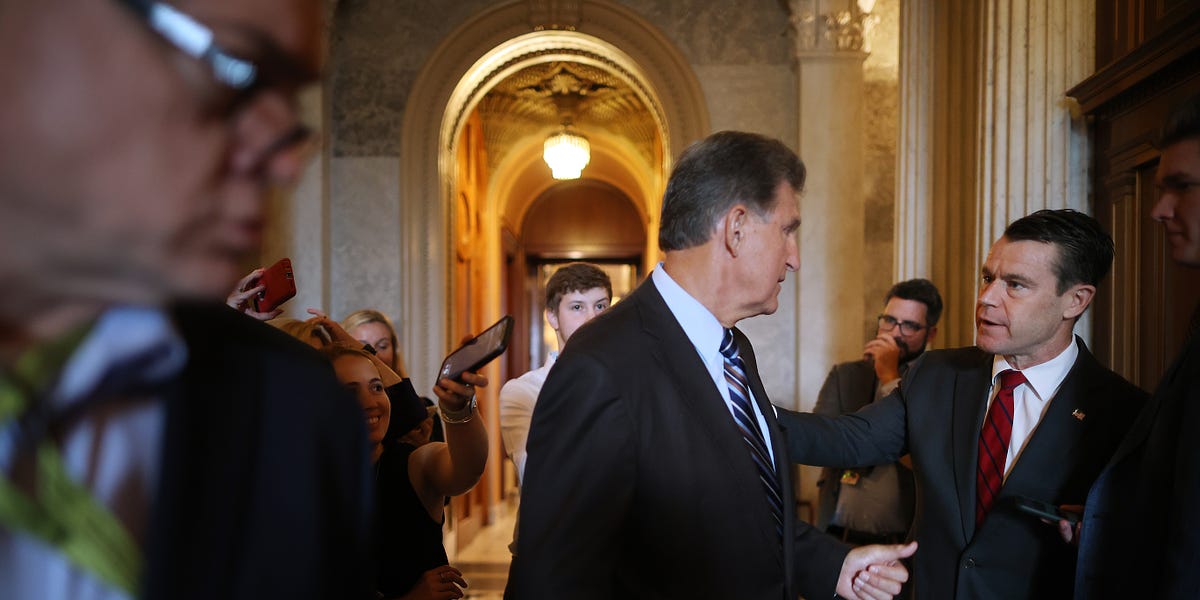basquebromance
Diamond Member
- Nov 26, 2015
- 109,396
- 27,002
- 2,220
- Banned
- #1
Lawmakers in DC have gone on something of a bipartisan winning streak. The House overwhelmingly passed legislation to reform the beleaguered U.S. Postal Service. Days later the Senate approved, without a single vote in opposition, a bill proposed in response to the #MeToo movement that bans the use of forced arbitration in workplace sexual-harassment and assault cases. A bipartisan group of senators also announced an agreement on a long-stalled reauthorization of the Violence Against Women Act, likely clearing the way for its passage.
The secret to this outbreak of productivity is secrecy.
Although these bills would make meaningful changes to American law, none of them has drawn anywhere close to the same amount of attention as the proposals on which Congress has recently floundered
Congress hasn’t been gridlocked for years
It just doesn’t break through. Anything that happens in a bipartisan way is just treated as not very newsworthy
The final two-plus years of the Trump administration, for example, began with a government shutdown and featured two presidential impeachments. But they also saw the passage of a major conservation bill, a new trade agreement, significant criminal-justice reform, and several pandemic-relief packages. Lawmakers banned surprise medical billing and raised the age for purchasing tobacco from 18 to 21. Sometimes Congress does get credit for its successes. The $2.2 trillion CARES Act, passed swiftly after the coronavirus shut down huge portions of the U.S. economy in March 2020, provided some form of relief to nearly every American, as did the $1.9 trillion American Rescue Plan that Congress enacted a year later. Not coincidentally, Gallup found that Congress’s approval rating peaked—at a still dismal 36 percent—around the time it was literally giving cash to most households.

The secret to this outbreak of productivity is secrecy.
Although these bills would make meaningful changes to American law, none of them has drawn anywhere close to the same amount of attention as the proposals on which Congress has recently floundered
Congress hasn’t been gridlocked for years
It just doesn’t break through. Anything that happens in a bipartisan way is just treated as not very newsworthy
The final two-plus years of the Trump administration, for example, began with a government shutdown and featured two presidential impeachments. But they also saw the passage of a major conservation bill, a new trade agreement, significant criminal-justice reform, and several pandemic-relief packages. Lawmakers banned surprise medical billing and raised the age for purchasing tobacco from 18 to 21. Sometimes Congress does get credit for its successes. The $2.2 trillion CARES Act, passed swiftly after the coronavirus shut down huge portions of the U.S. economy in March 2020, provided some form of relief to nearly every American, as did the $1.9 trillion American Rescue Plan that Congress enacted a year later. Not coincidentally, Gallup found that Congress’s approval rating peaked—at a still dismal 36 percent—around the time it was literally giving cash to most households.

Last edited:
